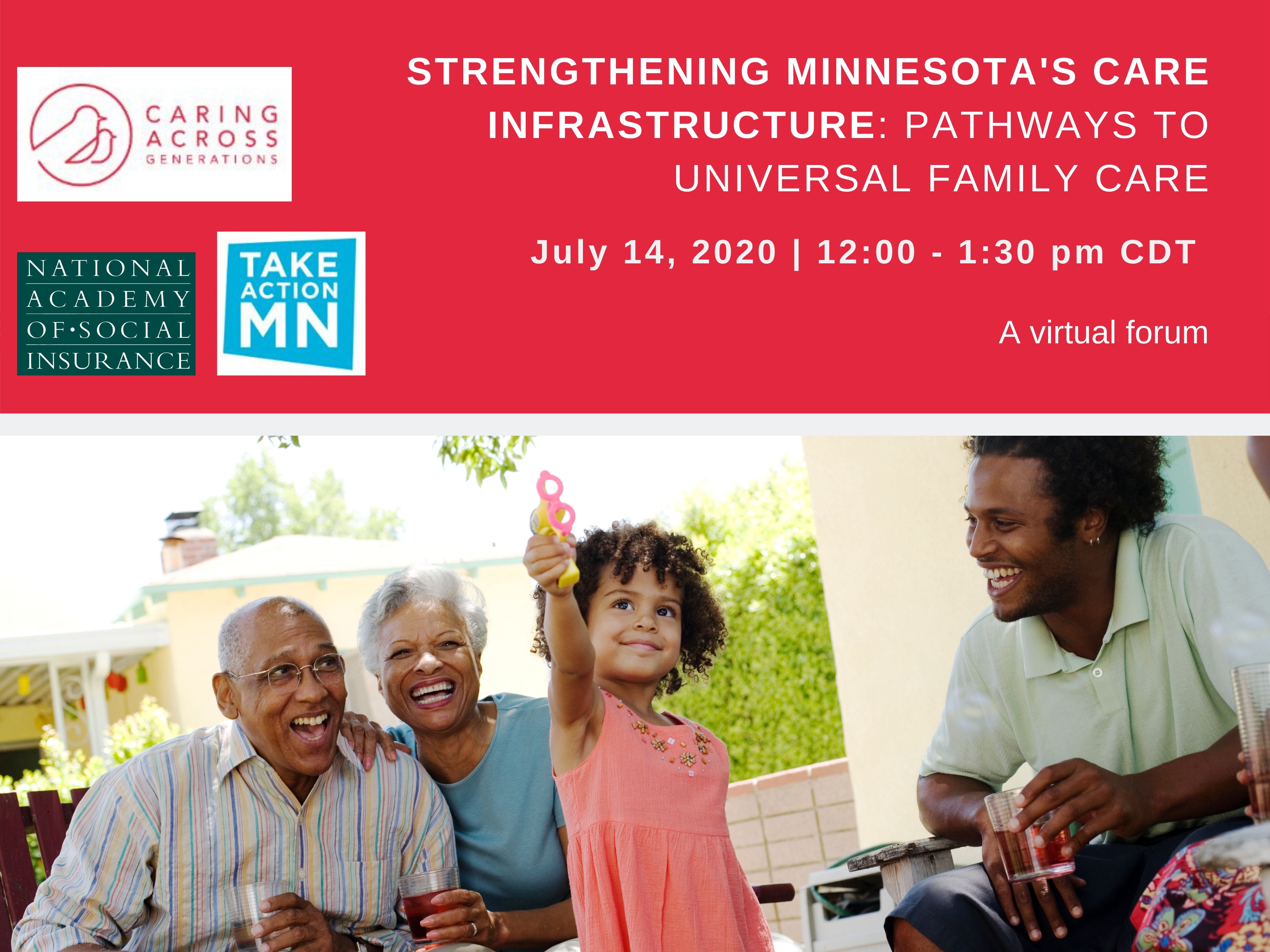
The COVID-19 pandemic has highlighted the inadequacy and inequality in our country's care infrastructure. A patchwork of programs exists at the state and federal level to help low- and middle-income families pay the costs of early childcare and education, long-term services and supports, and taking time off work to care for a loved one, but these programs are chronically underfunded and inaccessible to many. The COVID-19 federal legislation provides relief for millions of Americans during this time of crisis, but there are significant gaps and the challenge of balancing work, health, and family responsibilities will continue after the current pandemic for workers across the country.
The COVID-19 expansion of federal paid leave is temporary, and the underlying state and federal programs will continue to fail to serve a significant share of even the fraction of families with sufficiently low income to qualify. Needs are growing for services and supports for the long-term care of both older adults and adults living with disabilities and many middle-class families are becoming less able to meet them. Facing these care challenges, states are looking for new strategies.
The National Academy of Social Insurance (the Academy) and Caring Across Generations recently released a comprehensive study of viable approaches for states interested in pursuing universal child care, paid family and medical leave, and long-term services and supports policies. At this forum, authors of the study shared their analyses and policy options. Minnesota-based experts discussed the implications of this research for policymakers seeking to strengthen the care infrastructure for Minnesotans.
Download slides from the presentation.
Download Designing Universal Family Care: State-Based Social Insurance Programs for Early Child Care and Education, Paid Family and Medical Leave, and Long-Term Services and Supports.
This event was co-sponsored by the National Academy of Social Insurance, Caring Across Generations, and TakeAction – Minnesota. A special thanks to the Ford Foundation for providing the funding for this webinar.
Speakers
 Marc Cohen
Marc Cohen
LeadingAge LTSS Center @UMass Boston
Center for Consumer Engagement in Health Innovation, Community Catalyst
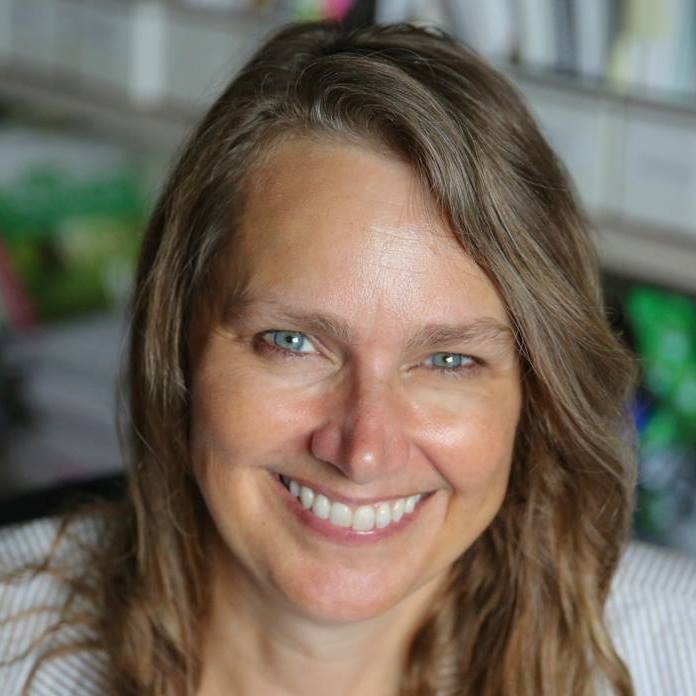 Debra Fitzpatrick
Debra Fitzpatrick
Children's Defense Fund – Minnesota
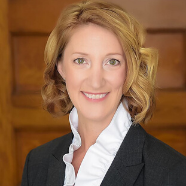 Representative Jennifer Schultz
Representative Jennifer Schultz
Minnesota House of Representatives
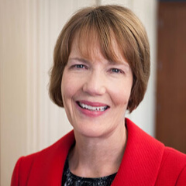 Dawn Simonson
Dawn Simonson
Metropolitan Area Agency on Aging
 Nikki Villavicencio
Nikki Villavicencio
Minnesota Council on Disability
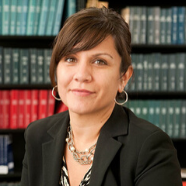 Marci Ybarra
Marci Ybarra
University of Chicago School of Social Service Administration
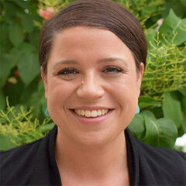 Moderator: Elianne Farhat
Moderator: Elianne Farhat
Take Action – Minnesota
Topics
|
Contact
|
